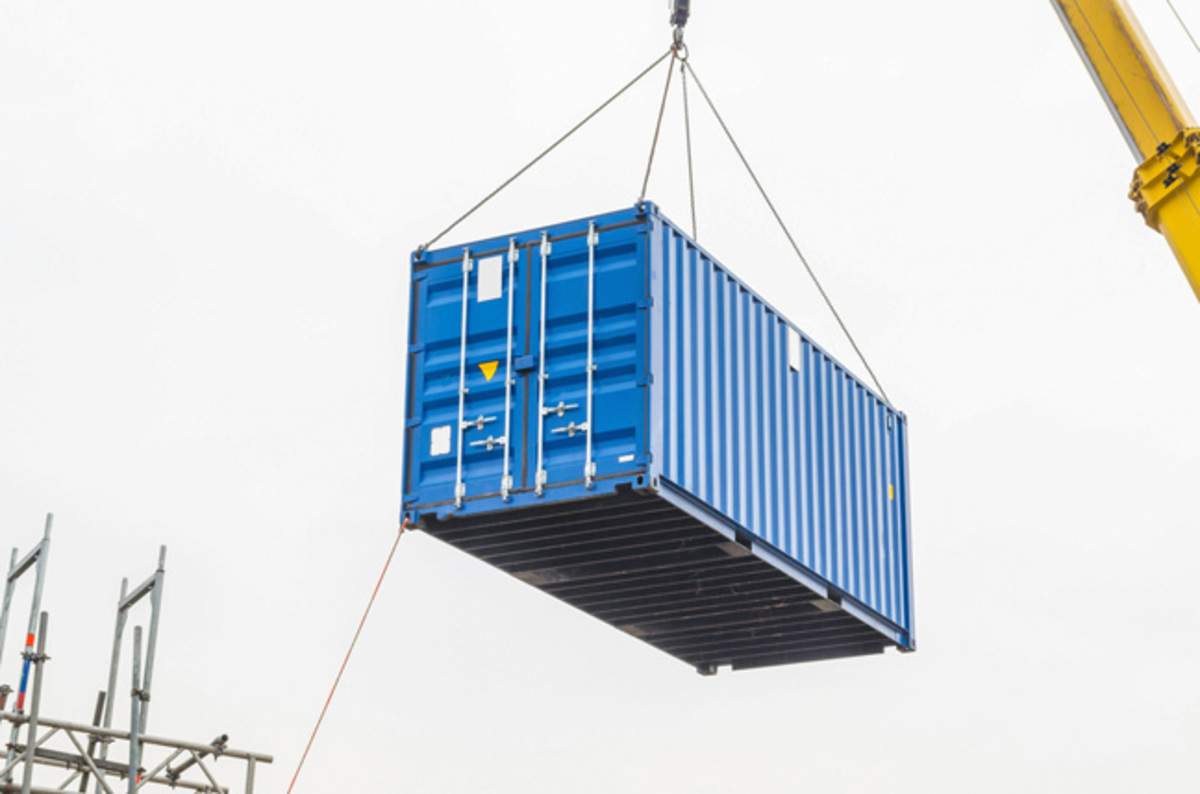Little Boxes Made Of Ticky-tacky: What Dell's Record-busting $67bn EMC Deal Means

Dell’s acquisition of EMC is large by several measures: a $67bn purchase price – the most ever paid in tech.
The claimed joint revenue for Dell and EMC is $74bn and the current joint workforce is 140,000 – with 40,000 being sales staff.
Even the statements as to “why” Dell is buying EMC are big – yuuuge - with Michael Dell at a press and analyst event on Wednesday, the day the deal officially closed, talking not of servers, PCs and storage but of AI, machine learning and VR.
“Humanity is standing at the very beginning of the next industrial revolution, the next quantum leap in human progress, digital transformation is real...” Dell said.
Wait for it. Wait for it.
“...that’s why we created Dell Technologies." Phew. “We will be the trusted infrastructure for the next industrial revolution.”
The word intoned by the Dell brass Wednesday was “momentous”.
Dell’s acquisition of EMC is intended to turn a company that made its mark as a direct-to-customer PC marker into a system powerhouse at the nexus of trends in cloud, convergence, and software-defined everything.
One number that doesn’t match the other big figures of the newly formed conglomerate is R&D, the money Dell Technologies will lavish on building some promised systems.
Annual spend on R&D for Dell Technologies will be $4.5bn. That doesn’t seem like an awful lot for a firm promising to carry humanity on its shoulders.
R&D is the thing tech firms pride themselves on: as self-described innovators, it’s table stakes for credibility.
It’s R&D that means you aren’t simply the middleman for somebody else’s product.
On a dollar basis, Dell Technologies is well behind some those on the cutting edge: Amazon spends the most on R&D, $12.54bn last year, just ahead of Alphabet and Intel.
Behind that leading cluster is Apple, $8.1bn, and lagging that is a smaller group around the $5bn mark that includes IBM and Oracle.
Even of R&D spend is measured by percentage of a firm’s revenue Dell trails the pack.
One six per cent it beats Apple, which spends 3.46 per cent of what it makes on R&D, but that’s the only person in tech’s top list Dell Technologies beats. But, with market-defining tablets and phones under its belt and a massive data-centre programme underway, Apple clearly gets a lot for its money.
Will Dell therefore up its R&D spend for the new world? Not according to chief financial officer Tom Sweet. “We are satisfied with that level of spend. It give us capital to spend [on] products and solutions that lets our customers be successful. Will continue to look at that as we go forward,” he told The Reg Wednesday.
What does this mean for Dell?
We’re promised engineered “solutions” spanning Dell, EMC and VMware. Such talk in reality means hardware and software fused together as appliances – not particularly ground-breaking.
If you want a parallel, there’s Oracle, which bought Sun Microsystems in 2010.
Oracle co-founder Larry Ellison reckoned Sun would make Oracle: “The only company that can engineer an integrated system – applications to disk – where all the pieces fit and work together so customers do not have to do it themselves.”
For the bravado of buying Sun, Oracle’s hardware business hasn’t delivered – already small the money Oracle makes from its hardware is falling year on year.
Historically, Dell is akin to Oracle. Nobody seriously regards Oracle as an inventor or a creative firm – much to the chagrin of those at Oracle.
It’s a gluer and assembler of bits and pieces. Same with Dell - a least historically, and we’ve already had a foreshadowing of what could be by selling Microsoft’s Azure cloud on its hardware.
Dell-EMC promises much. It has to, given the record-breaking nature of the deal. But when it comes to frontier busting, the numbers as they stand don’t add up. ®
From Chip War To Cloud War: The Next Frontier In Global Tech Competition
The global chip war, characterized by intense competition among nations and corporations for supremacy in semiconductor ... Read more
The High Stakes Of Tech Regulation: Security Risks And Market Dynamics
The influence of tech giants in the global economy continues to grow, raising crucial questions about how to balance sec... Read more
The Tyranny Of Instagram Interiors: Why It's Time To Break Free From Algorithm-Driven Aesthetics
Instagram has become a dominant force in shaping interior design trends, offering a seemingly endless stream of inspirat... Read more
The Data Crunch In AI: Strategies For Sustainability
Exploring solutions to the imminent exhaustion of internet data for AI training.As the artificial intelligence (AI) indu... Read more
Google Abandons Four-Year Effort To Remove Cookies From Chrome Browser
After four years of dedicated effort, Google has decided to abandon its plan to remove third-party cookies from its Chro... Read more
LinkedIn Embraces AI And Gamification To Drive User Engagement And Revenue
In an effort to tackle slowing revenue growth and enhance user engagement, LinkedIn is turning to artificial intelligenc... Read more

